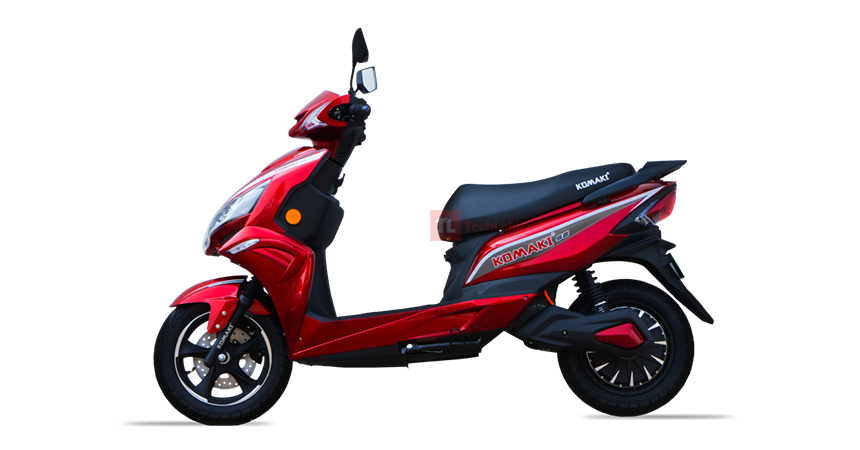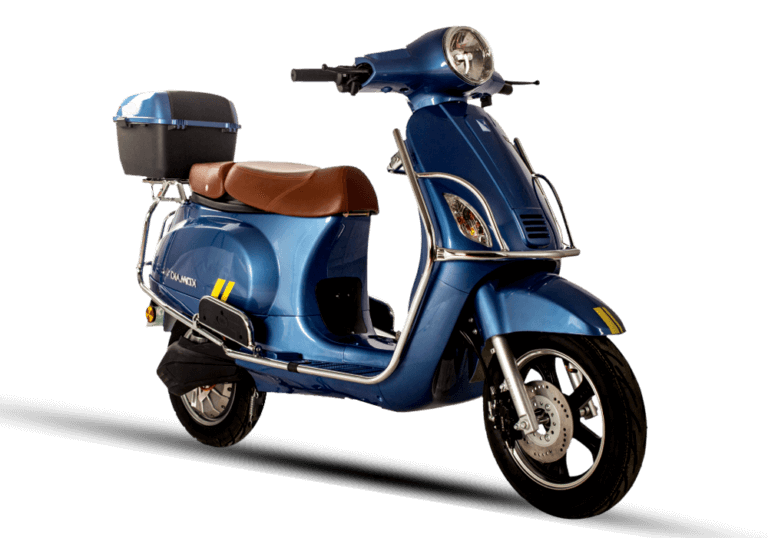Have you ever ride an Electric Vehicle? what you’re experiencing and thinking about Nepalese auto industry ?
If not, let us explain why it’s new opportunity for Nepalese auto industry.
Nepalese Auto Industry
The global shift towards electric vehicles (EVs) has been gathering momentum in recent years, driven by concerns about climate change and the need to reduce dependence on fossil fuels. As countries around the world set ambitious targets for the adoption of EVs, the question arises as to whether this trend presents an opportunity for the Nepalese auto industry.
The Nepalese auto industry is currently dominated by the import and assembly of gasoline and diesel-powered vehicles, but the potential for growth in the EV market is significant. The Nepalese government has set a target of having 30% of all vehicles on the road be electric by 2030, and has introduced a number of policies to support the adoption of EVs, including tax exemptions and subsidies for the purchase of electric vehicles.
One of the key advantages of the Nepalese auto industry is its strong manufacturing base, which could be leveraged to produce components and assemble EVs. Nepal has a number of manufacturing facilities that produce components such as batteries, motors, and controllers, which are essential components of EVs. Additionally, Nepal has a skilled workforce that could be trained to assemble EVs, providing job opportunities and boosting the economy.
Another potential opportunity for the Nepalese auto industry is the development of charging infrastructure. As the number of EVs on the road increases, the demand for charging stations will also rise. Nepal has the potential to develop a network of charging stations, providing a valuable service to EV owners and supporting the growth of the EV market.
However, the Nepalese auto industry will need to overcome a number of challenges to capitalize on the opportunity presented by the shift to EVs. One of the main challenges is the high cost of EVs, which can be a barrier to adoption for many consumers. Additionally, the Nepalese auto industry will need to adapt to the new technologies and production processes required to manufacture and assemble EVs.
In conclusion, the shift towards EVs presents an opportunity for the Nepalese auto industry. By leveraging its manufacturing base and developing charging infrastructure, Nepal can play a key role in the growth of the EV market. However, the Nepalese auto industry will need to overcome challenges such as high costs and the need to adapt to new technologies in order to capitalize on this opportunity.
Some of the EV’s to look out for in Nepal:
Electric Vehicles
Incredible Scooter – NIU UQI GT
The NIU UQi GT takes the popular UQi platform and fills it full of more powerful technology, resulting in a…





